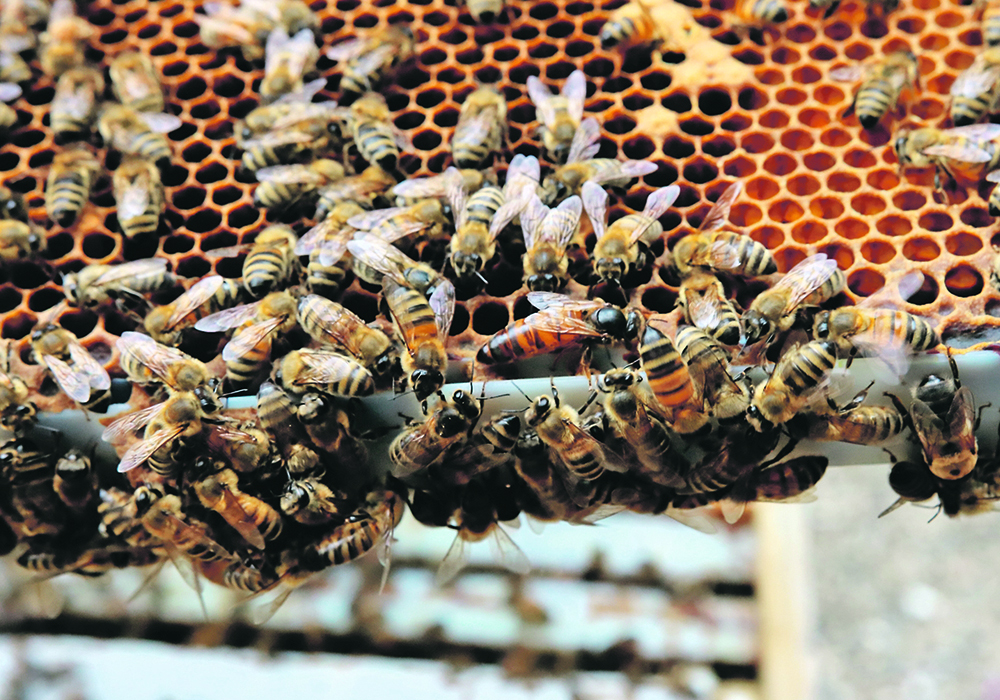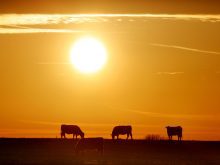Like most Canadians, I’m familiar with the fable of the boy who cried wolf.
As everyone knows, shouting “wolf” at every opportunity didn’t end well for that boy.
Something similar could be happening in the world of agricultural research. News releases about research projects in Canada often include a sentence or paragraph about how the project will reduce emissions from agriculture.
Read Also

High prices see cow-calf producers rushing to incorporate
Farm accountants are reporting a steady stream of cow-calf producers rushing to get their operations incorporated ahead of selling their calves this fall.
Some of those claims make sense.
Some do not.
In the latter category, the University of British Columbia issued a news release in October called “Keeping honey bee queens healthy through Canadian winters.”
The researchers are focusing on breeding more queens and nucleus colonies in Canada so that beekeepers are less dependent on imported bees.
It sounds reasonable, but a line in the release seems out of place.
“New queen bees need to be flown in as replacements from the U.S.A., Italy, Ukraine, New Zealand and Chile — flights which have high costs in the form of greenhouse gas emissions.”
Breaking down that statement, there are 100,000 commercial flights every day in the world. It’s impossible to say how many of those planes are transporting bees to Canada, but a safe bet is probably not many, if any.
Canada produces two per cent of the world’s honey. We’re not a major player in the global honey trade, and our beekeeping industry is relatively small.
In the spring, when beekeepers need bees, it’s possible that more planes are delivering queen bees to Canada. However, that queen bee isn’t sitting in a first-class seat, sipping champagne and chatting with Taylor Swift. The bees are cargo, just like any other cargo that’s shipped by plane.
The idea that producing more queen bees and nucleus colonies in Canada will reduce the number of planes in the air is far-fetched.
Bigger picture, many research projects in agriculture are unrelated to climate change, which is fine. Maybe a certain soil disease needs a solution, simply because it’s problem for canola growers.
Like the boy who cried wolf, shouting “climate change” in every news release is tiresome and won’t end well for agricultural scientists.




![Protesters crowd a street carrying signs that read, "Global warming real. In other news, water is wet," and "Stop denying the [blue painted pic of the Earth] is dying."](https://static.producer.com/wp-content/uploads/2025/07/29145152/158171_web1_2019-10-18T222818Z_1221762151_RC14C26A65A0_RTRMADP_3_CLIMATE-CHANGE-THUNBERG-1200-220x165.jpg)











